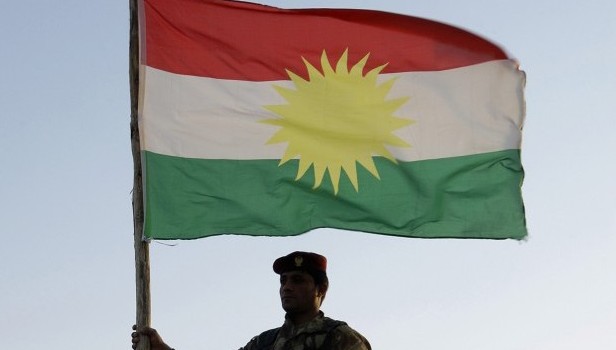In the latest statement by UN envoy Lakhdar Brahimi regarding the situation in Syria, he acknowledged that the country will never return to how it was before. Many of those monitoring Syria took this to mean one thing, namely that the country is facing “division” along sectarian and ethnic lines. Brahimi’s statement was issued just two days after a senior Kurdish official confirmed that the Kurdistan Region’s secession from Iraq has become “inevitable.”
Meanwhile, southern opposition factions in Yemen have held one conference after another confirming that they are genuinely discussing the issue of secession from the north and announcing independence. In addition to this, South Sudan, itself a secessionist country, had earlier assured supporters of independence that their “demand” would find international acceptance and support.
This is the crux of the matter that encourages different political adventures and the launching of trial balloons from time to time, to measure public response and the views of the political street. This occurred in Libya with various proposals being put forward by “independent” parties, while the same also applies to Algeria.
Fragile civil societies where legal and human rights institutions are absent, not to mention the rule of law, leads to widespread feelings of isolation and hopelessness across society. Fragile societies are therefore more susceptible to division. However, we have seen a strong Basque independence movement for decades in Spain, while there are also calls for Francophone Quebec to secede from the rest of Canada, which is dominated by Anglophone culture and heritage. The same applies to calls for Scotland to secede from the United Kingdom, particularly as the Scots claim a separate Celtic identity distinct from the English culture that has historically dominated Britain.
However, such secessionist positions and calls have always failed to convince the majority of the population and therefore remain unfulfilled because these countries are democratic and law and order enjoys an unassailable status. Therefore the prospects for secession or independence remain low as the secessionists remain unable to convince a sufficient number of people, not to mention the strong economic reasons against it.
The Kurds, in the Arab world, see themselves as the victims of injustice and prejudice. They are of the view that three different groups should have benefited from the collapse of the Ottoman Empire: the Arabs who got what they wanted in terms of independent nation-states, Israel which was created by western-backing, while the Kurds were completely forgotten and their rights ignored. This is why they are convinced that now is the time to obtain their “homeland.” However similar views will no doubt tomorrow be espoused by the Druze, Shi’ites, Alawites, Christians and Berbers. Division represents the next major political challenge. Truly this will be an era where maps and borders are redrawn, and new flags come to replace the old.
